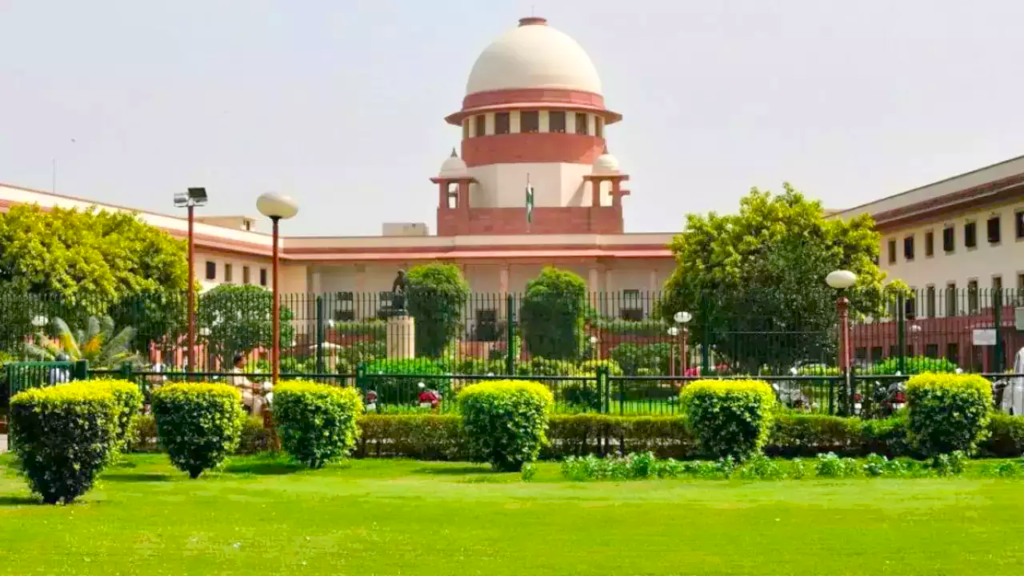Arham Jain
On 27th March 2025 , the Supreme Court in the case of Aslam Alias Imran v. The State of Madhya Pradesh held that although past conflict between the victim and the accused might reveal a potential motivation, it also creates the potential for unfounded allegations.
In a 30-year-old murder case, the appellant’s conviction was reversed by the bench of Justices BR Gavai and AG Masih, who gave him the benefit of the doubt.
The case revolved around the killing of a man called Guddu, and the prosecution claimed that the accused killed him out of past animosity. Nevertheless, the Court concluded that the accused could have been wrongfully implicated due to discrepancies in the evidence. Even if the defence’s allegations were taken at face value, the accused contended before the court, it was evident that the event resulted from a fight. The appellant took the knife from the deceased, who was carrying one, and attacked him in self-defence during the fight. The appellant argued that since there was no intent to commit murder, Section 302 of the Indian Penal Code (IPC) should not apply in this case. Rather, he requested relief under Section 300 IPC’s Exception 4, which is applicable when an act is performed spontaneously and without planning.
The Supreme Court discovered significant flaws in the evidence after closely examining the prosecution’s arguments. The deceased’s criminal background was one of the most important findings, and it greatly influenced the Court’s ruling. The Court underlined that animosity has two sides: although it might prove purpose, it also makes false charges more likely.
The Court found several discrepancies and mistakes in procedure in the prosecution’s case, which cast doubt on its authenticity. These comprised that there were no bloodstains on the clothing of the witnesses who transported the corpse to the hospital, the witnesses neglected to notify a police constable stationed within 50 feet of the crime site or the local police station also the inconsistencies in witness statements about their attendance at the site. The Court added that despite claiming to have seen the occurrence, the witnesses failed to include the accused’s name in their Medico-Legal Certificate (MLC) and despite their availability, there was a notable 45-day delay in recording important witness statements.
These contradictions undermined the prosecution’s case and raised major questions about the appellant’s purported guilt.
The Supreme Court granted the appeal and cleared the accused of all charges after taking the aforementioned considerations into account. The ruling restates the fundamental idea that, although while past animosity may serve as a basis for motivation, it cannot, in the absence of substantial evidence, be the only factor in determining guilt.
Case Name- Aslam Alias Imran v. The State of Madhya Pradesh
Case Number- SLP(Criminal) No. 15254 of 2024
Bench- Justices BR Gavai and AG Masih
Click here to access the order
Instagram: Click here.
LinkedIn: Click here.
For Collaboration and Business: info.desikaanoon@gmail.com

